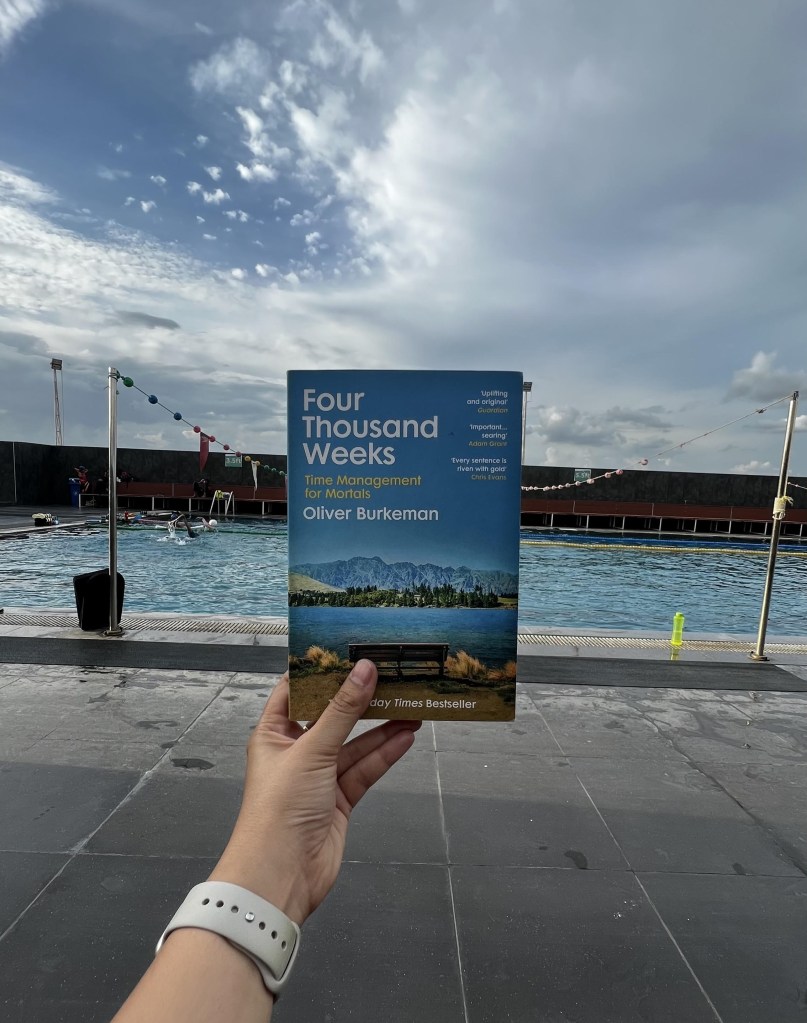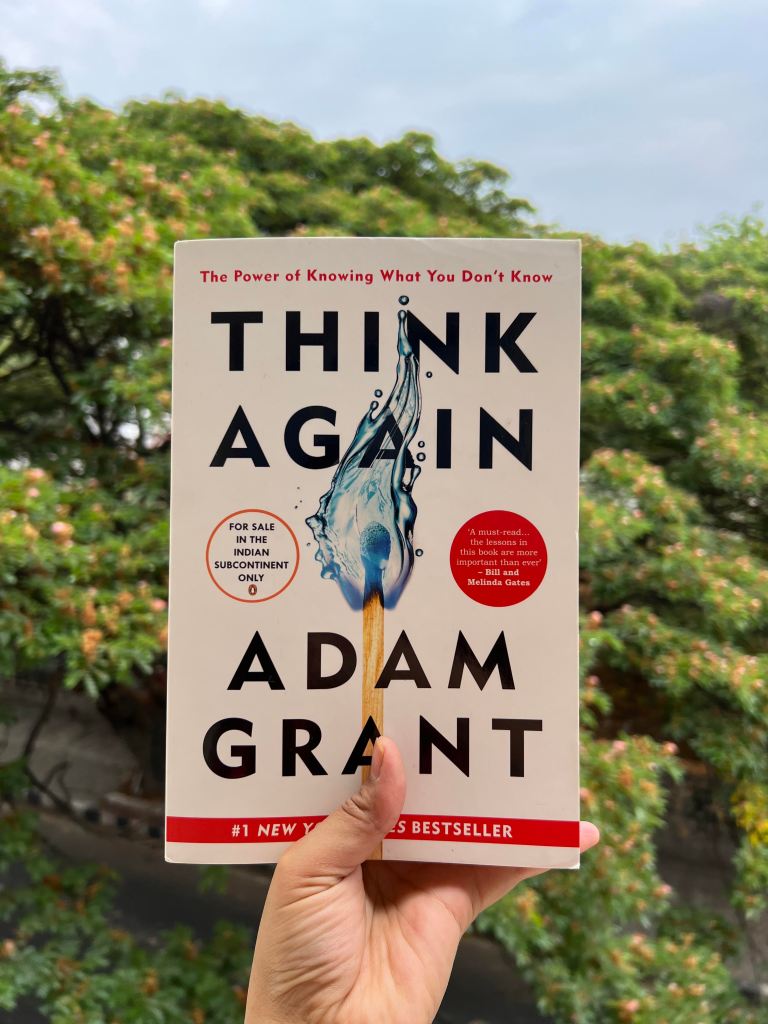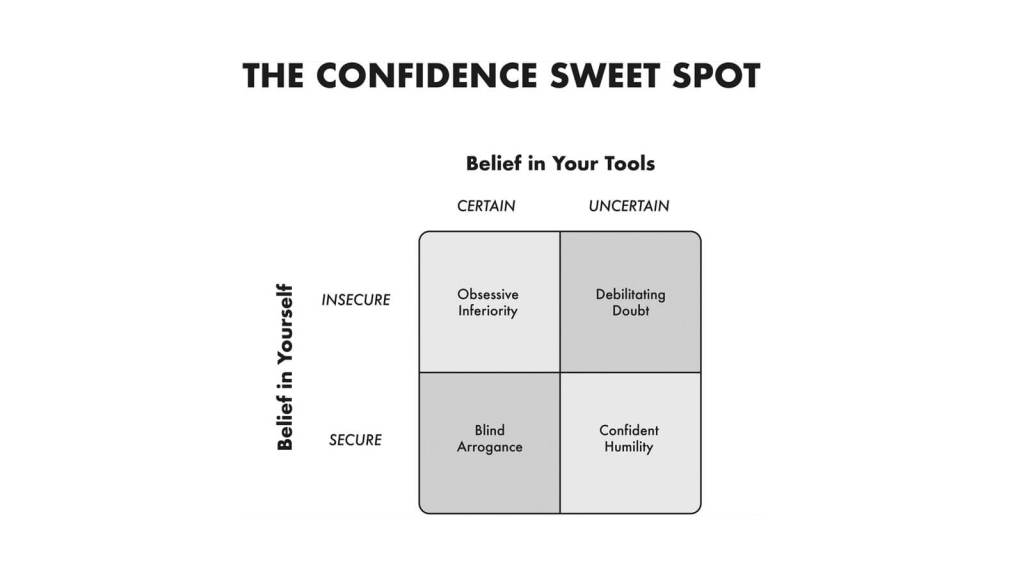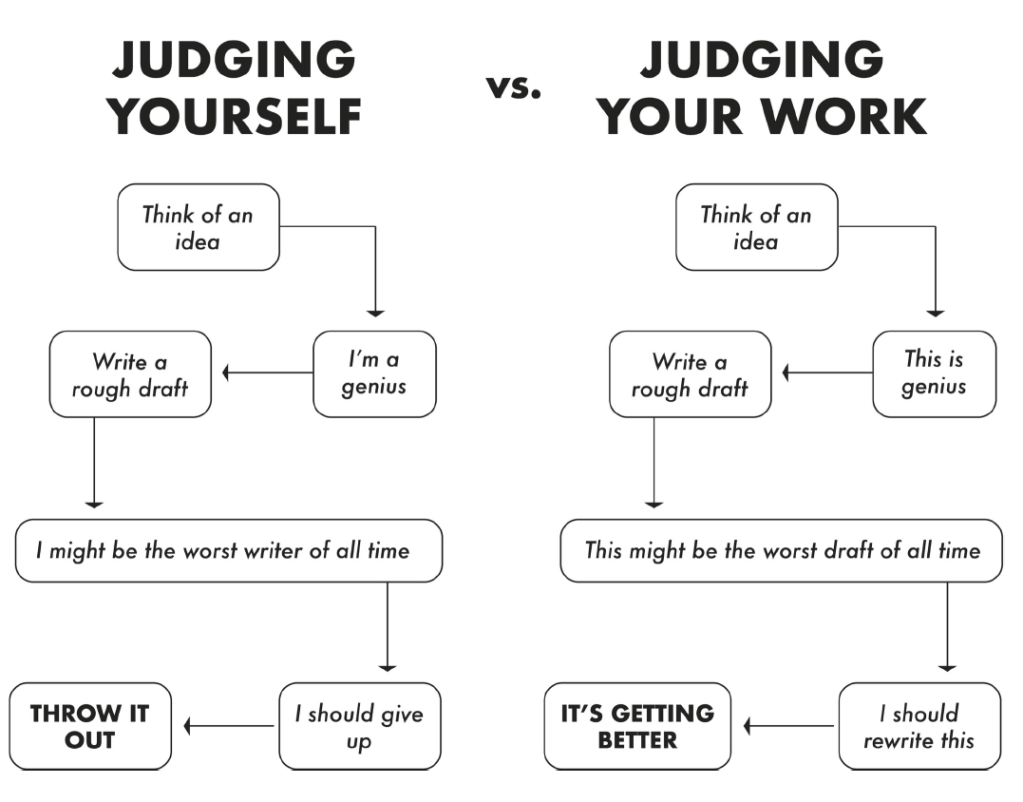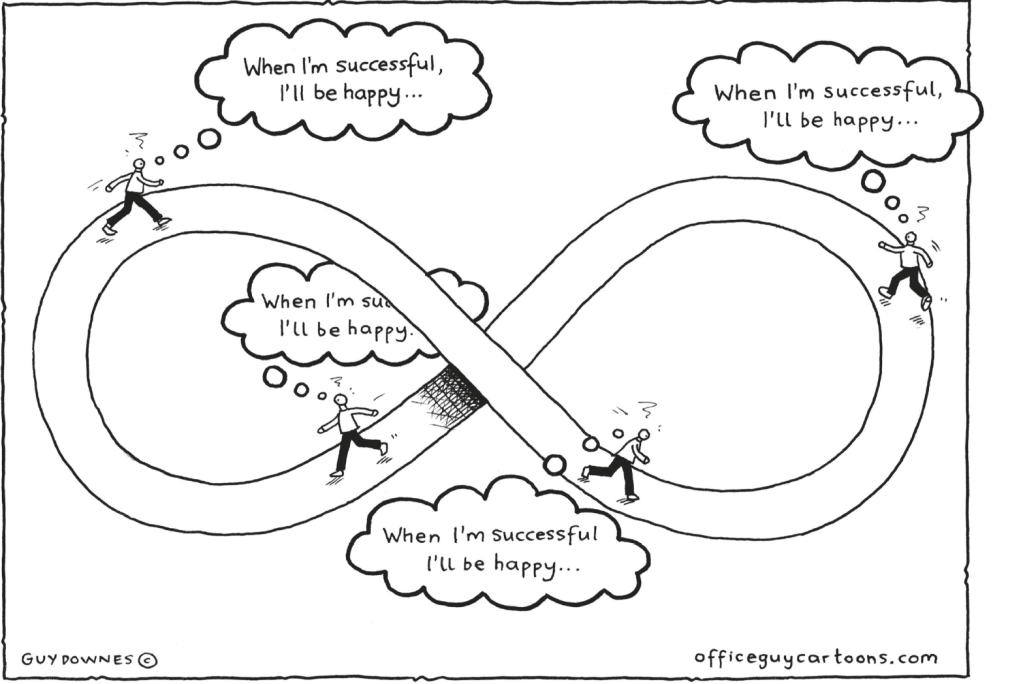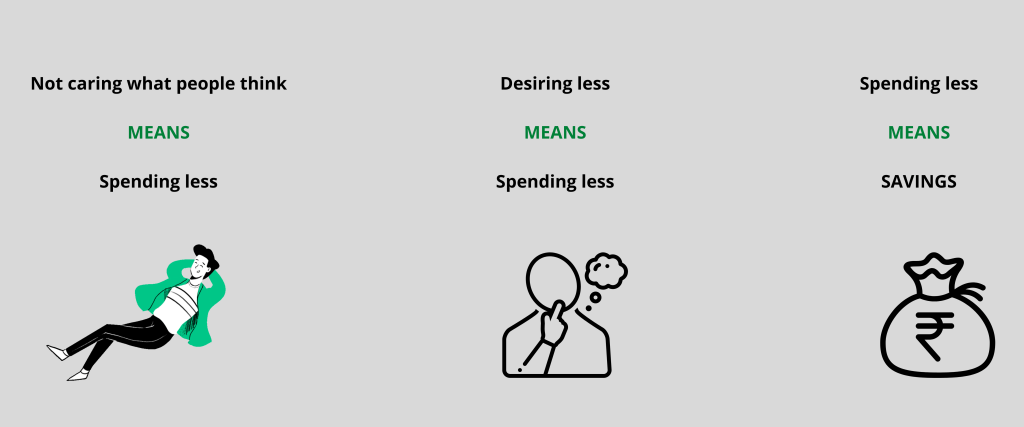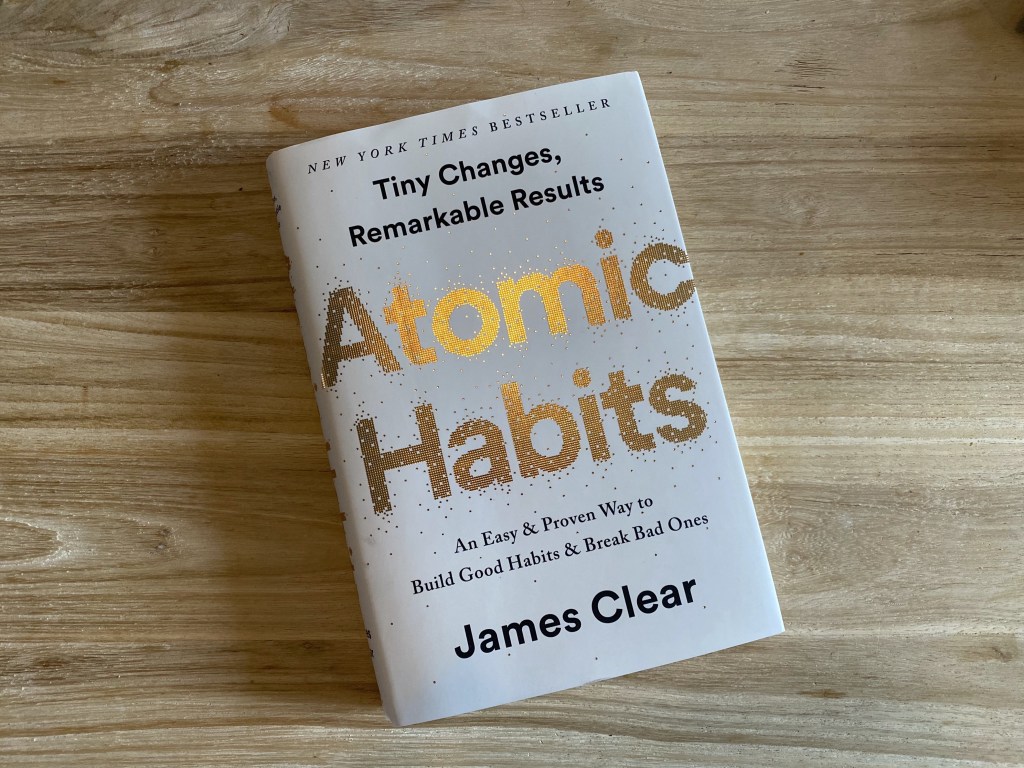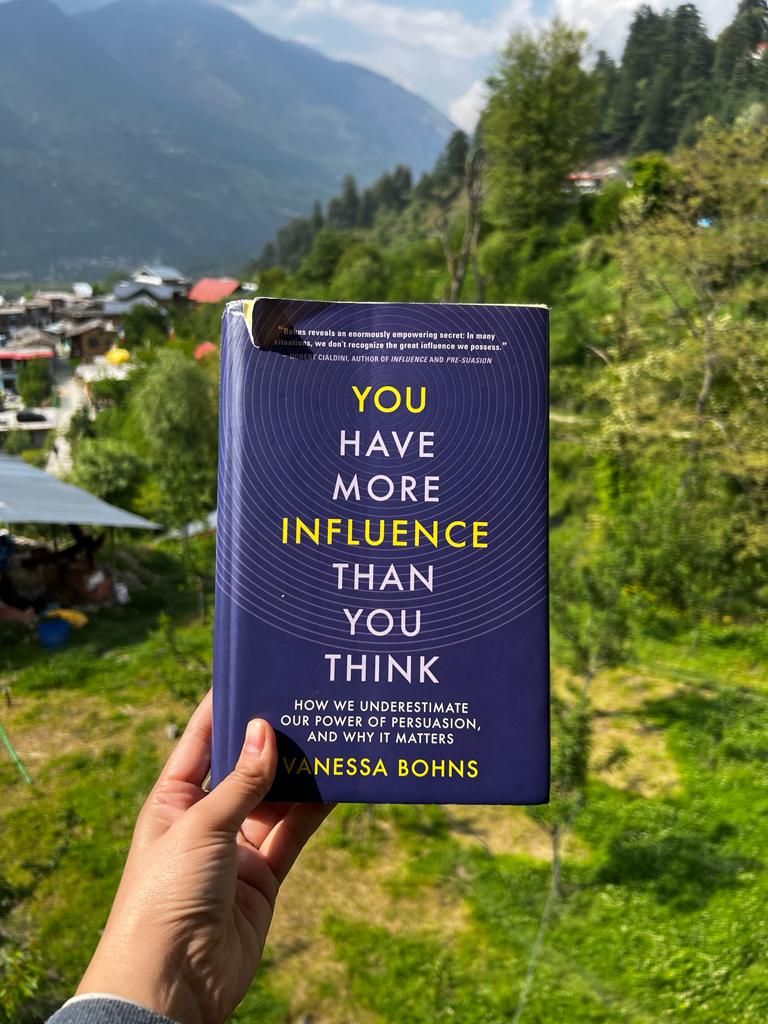
How people’s innocent and careless statements or compliments actually have a huge influence on them. Sometimes it makes someone’s day. Other days, people feel miserable for months because of someone’s insensitive remarks. I remember this incident when one of my bosses told me that he doesn’t believe in working from home (WFH). He added that people don’t work when they are working from home. He said this in a lighter tone and with confidence as if his statement had no meaning or weight. However, he didn’t realise how much weight his every statement has on people working under him because of his power and position. By saying what he said, he invalidated all the work done by people from home.
The book “You have more influence than you think: How we underestimate our power of persuasion and why it matters” by Vanessa Bohns provides science-based strategies for observing the effect we have on others, reconsidering our fear of rejection, and understanding how we can use our influence. Vanessa is a professor of organizational behaviour at Cornell University.
The book talks about the idea of influence and persuasion and explains how the meaning of your words changes based on the context and power you hold in society. Have you ever noticed why an insensitive remark by a politician or leader creates so much furor? Because she or he holds more power than the common people in the country.
Influences have come to us from various directions and people. Our parents. Family. The schools we go to. The neighbors we have. The colleagues and friends we hang out with. The communities we are part of. The kind of books and newspapers we read and movies we watch. On similar lines, our actions, words, and many other things what we do, have a huge influence on other people. You don’t persuade people only when you are speaking to them or giving them some advice. You influence them through your actions, the kind of work you do, the clothes you wear, and the posts you share online, according to Vanessa in the book. However, since we lack awareness, we don’t understand the power of our influence.
However, many times we underestimate the power of our influence because people admire and follow you secretly rather than coming and telling you that they got influenced by you. They adopted something that you were doing. According to the author, the solution to this is to understand and get better at seeing, feeling, and experiencing our influence over others through better listening, putting yourself in someone else’s shoes, adopting a third party perspective, and becoming a more effective questioner.
The most fascinating chapter in the book is about why it’s so hard to say no. Because deep down, we all want to be good to people. We want to avoid any kind of awkwardness. People feel good when they help others. However, as the author mentions, I agree with her that this awkwardness of saying no also leads to a lot of problems, such as the spread of misinformation and fake news, women agreeing to things that they don’t want to do, leading to sexual misconduct and rape.
I found the book quite fascinating because of the way the author has explained all the concepts with some examples. The book also answers those questions that make you overthink sometimes. Anyone who wants to improve their persuasion and leadership skills must read this book. People who are in leadership and managerial positions must read this book. Also, if you ever felt invisible or inarticulate, you must read this book because the chances are that you are not what you think. People see you and hear you!
Some insightful nuggets from the book are given below:
- You are not as invisible as you think.
- People do observe us-more than we realise.
- People tend to like others with similar views.
- Saying is believing effect.
- We copy what we see.
- People are persuaded by people they like.
- People are cognitive misers.
- We are inclined to believe what people tell us.
- People shout when they think someone is not listening.
- People do all sorts of things to avoid embarrassment.
- A powerful person’s whisper sounds more like a shout.
- Most people do care about other people-more than we tend to give them credit for.
- The way to reach all of your goals is simply to ask.
If you liked reading this post and gained something from it, please buy me a coffee by clicking the link below:

